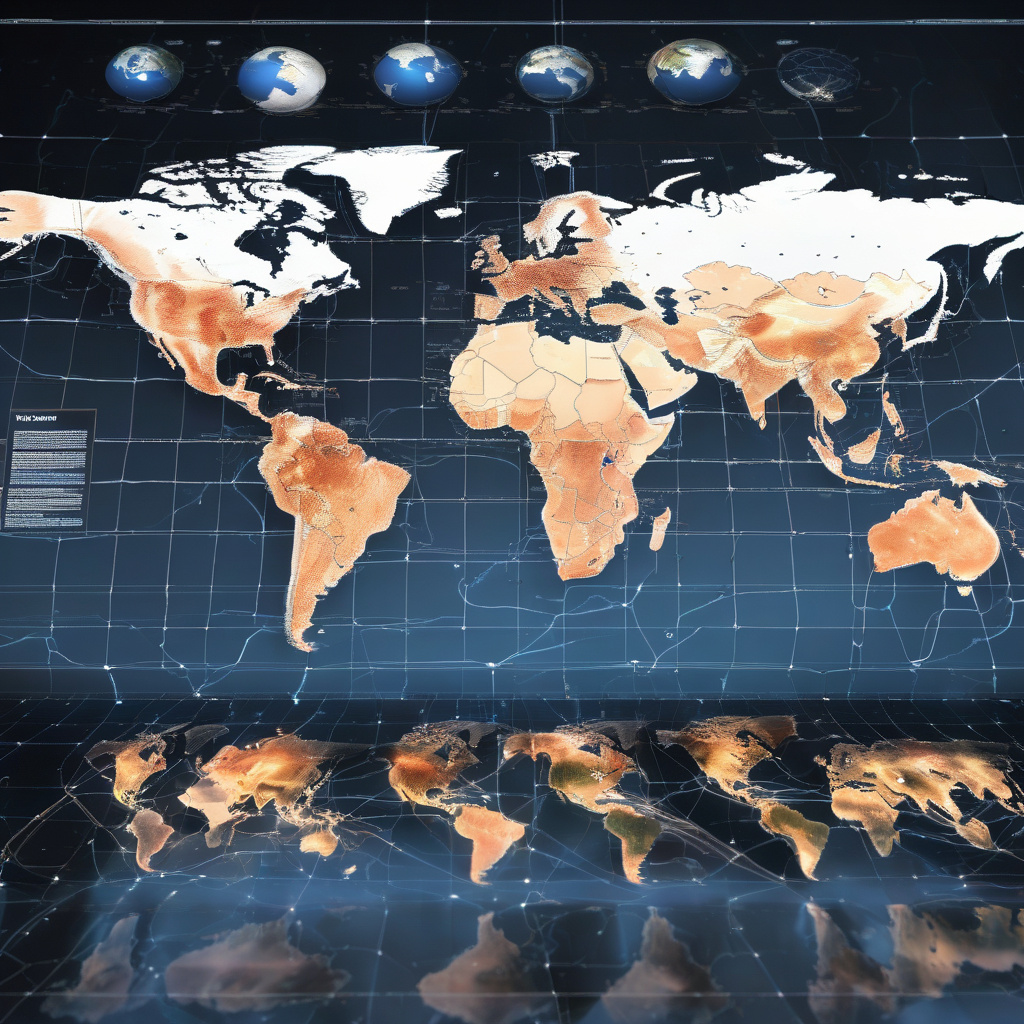Global Internet Access by 2030: ITU’s Warning of a Nearly USD 2.8 Trillion Price Tag
The International Telecommunication Union (ITU) has sounded the alarm, emphasizing the critical need for substantial global investment to ensure universal internet access by 2030. According to a recent ITU blueprint, connecting the remaining 2.6 billion individuals currently offline could come with a staggering price tag of nearly USD 2.8 trillion. This revelation sheds light on the stark reality of the digital divide that continues to persist on a global scale.
In an increasingly interconnected world where digital technologies underpin nearly every aspect of modern life, equitable access to the internet is no longer a luxury but a necessity. The COVID-19 pandemic further underscored the importance of reliable internet connectivity, serving as a lifeline for remote work, education, healthcare, and essential services. However, billions of people worldwide are still deprived of this fundamental resource, hindering their ability to fully participate in the digital economy and society.
The ITU’s ambitious goal of achieving universal internet access by the end of the decade faces significant challenges, chief among them being the substantial financial investment required to bridge the existing digital divide. The estimated cost of USD 2.8 trillion may seem daunting at first glance, but the long-term benefits of global connectivity far outweigh the initial investment.
By providing internet access to the remaining 2.6 billion unconnected individuals, economies stand to gain a significant boost through increased productivity, innovation, and job creation. Education systems can be revolutionized, with online learning platforms reaching even the most remote corners of the world. Healthcare services can be enhanced through telemedicine and remote consultations, improving access to quality care for underserved populations.
Moreover, the expansion of internet access presents a wealth of opportunities for e-commerce businesses to tap into new markets and reach a broader customer base. As more people come online, the potential for digital entrepreneurship and online retail growth becomes virtually limitless. However, without equitable access to the internet, these opportunities remain out of reach for millions of individuals, perpetuating economic disparities and hindering overall progress.
To address the pressing issue of global internet access, governments, businesses, and international organizations must collaborate on innovative solutions and investment strategies. Public-private partnerships can play a pivotal role in funding infrastructure development, expanding connectivity, and driving digital inclusion initiatives in underserved regions.
Additionally, leveraging emerging technologies such as satellite internet, 5G networks, and artificial intelligence can help accelerate the pace of global connectivity and make internet access more affordable and accessible to all. By harnessing the power of digital innovation, we can overcome the barriers that have long hindered universal internet access and unlock the full potential of a connected global community.
In conclusion, the ITU’s warning of a nearly USD 2.8 trillion price tag for achieving global internet access by 2030 serves as a wake-up call to stakeholders worldwide. The time to act is now, as we stand at a pivotal moment in history where bridging the digital divide is not only a moral imperative but also an economic and societal necessity. By investing in universal internet access, we invest in a more equitable, inclusive, and prosperous future for all.
#ITU, #InternetAccess, #DigitalDivide, #GlobalConnectivity, #DigitalInclusion
